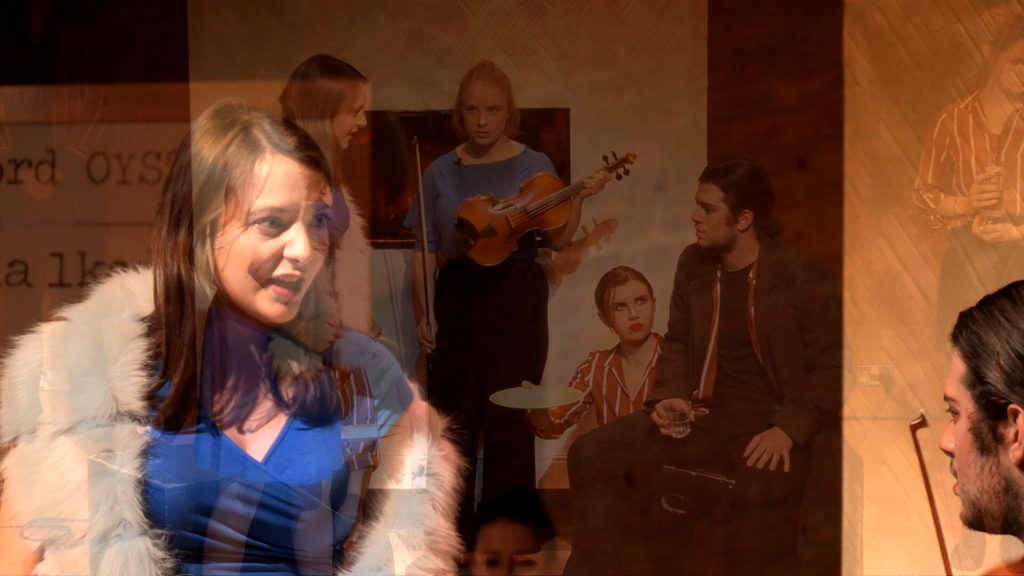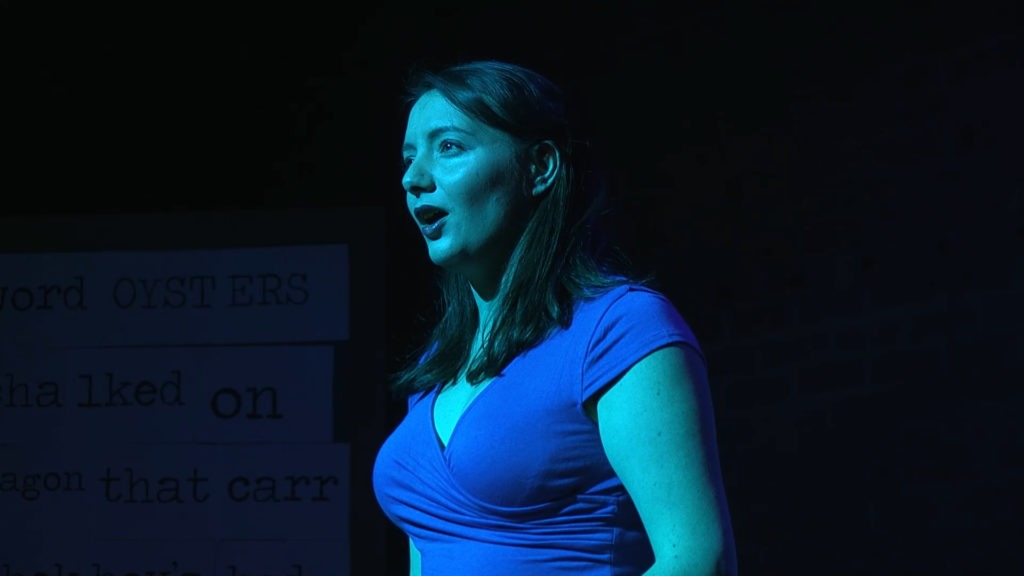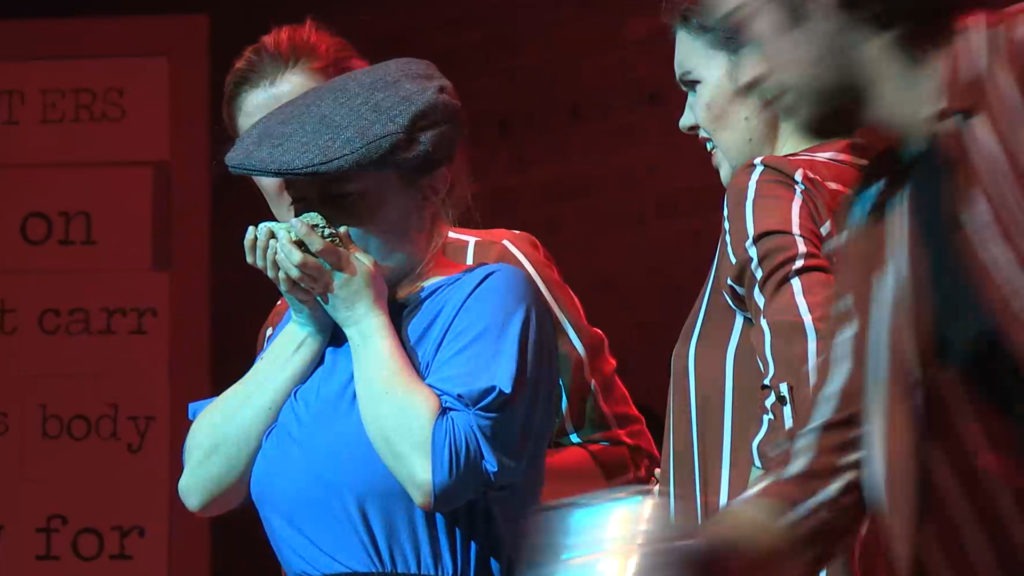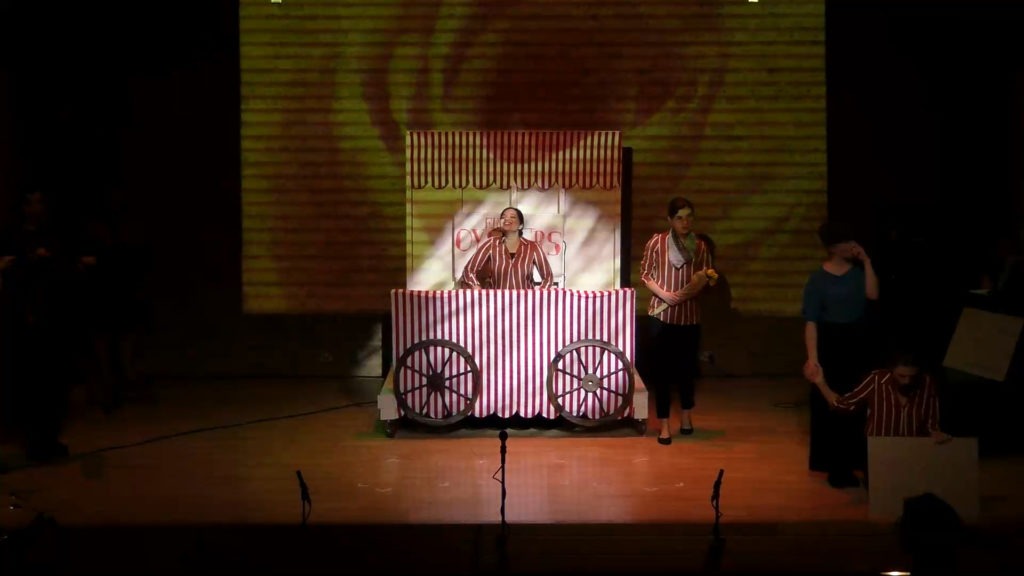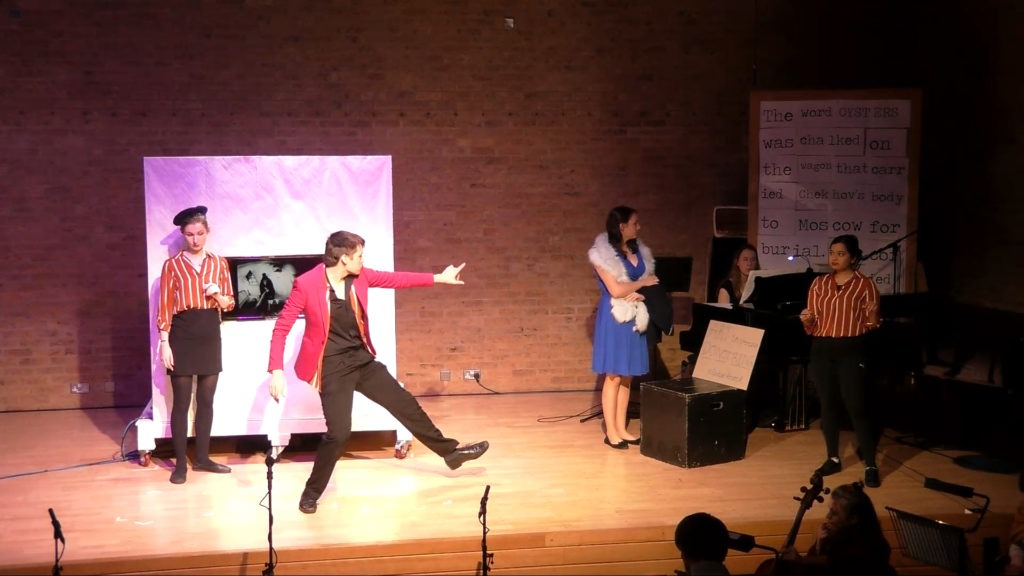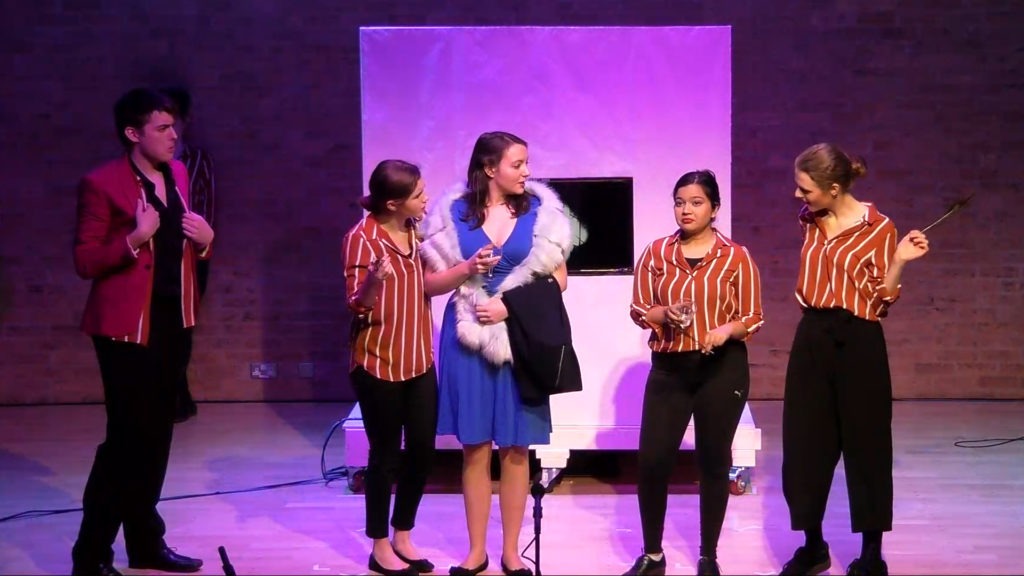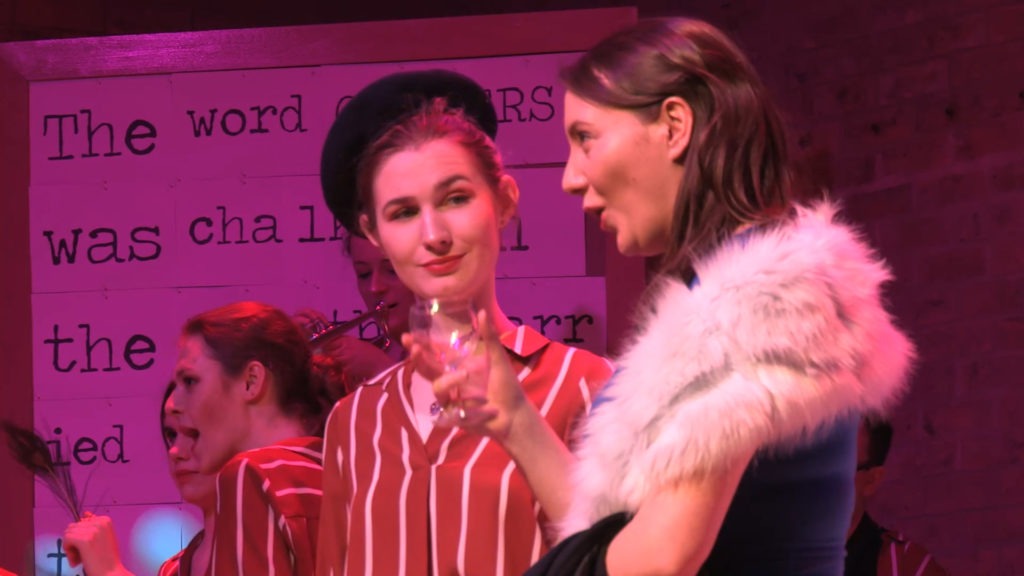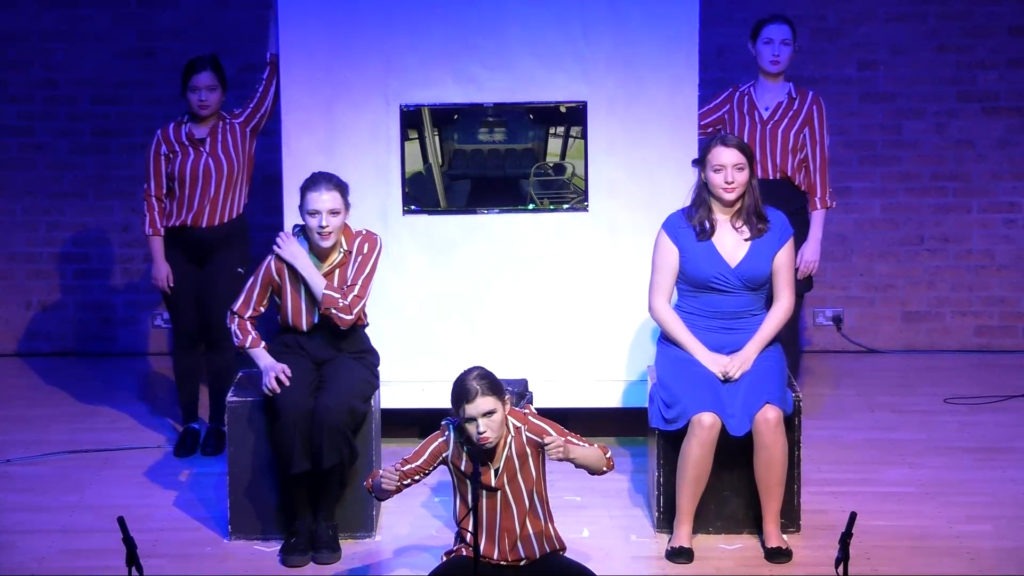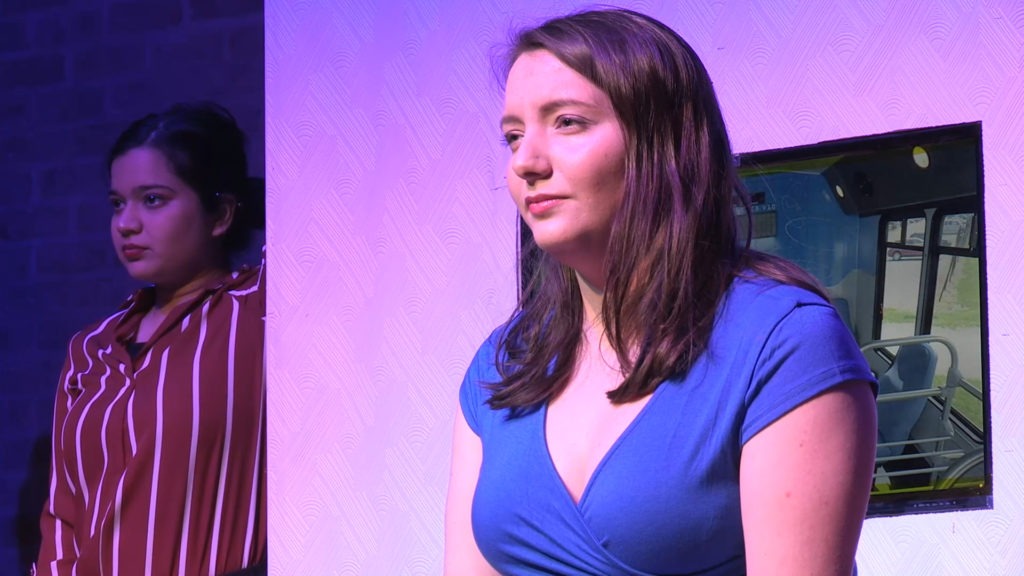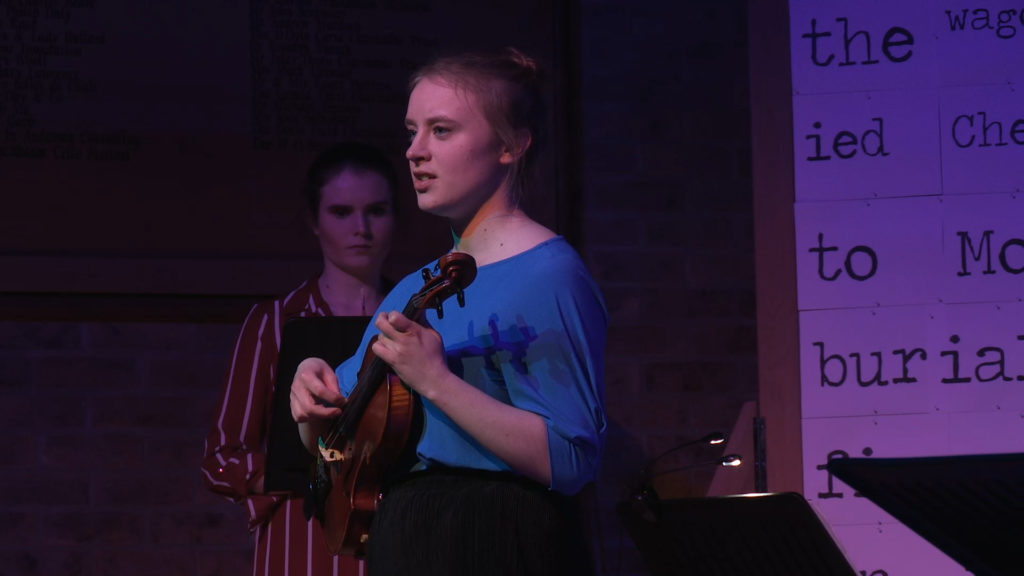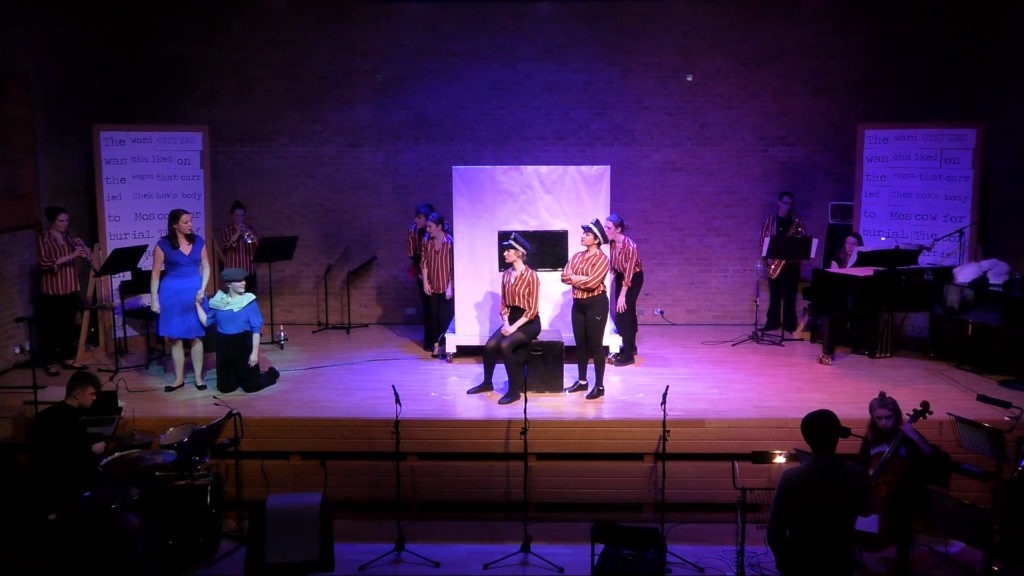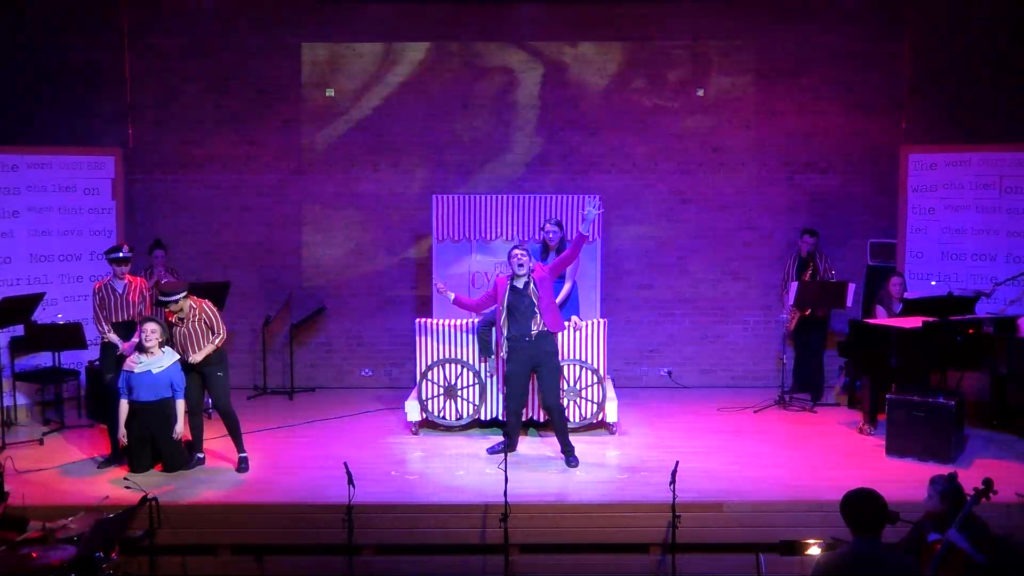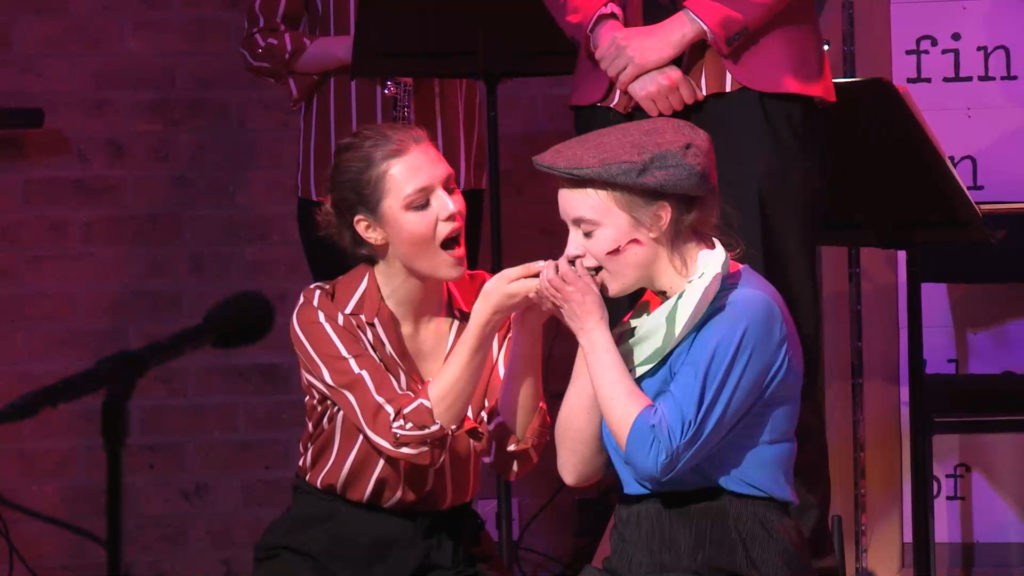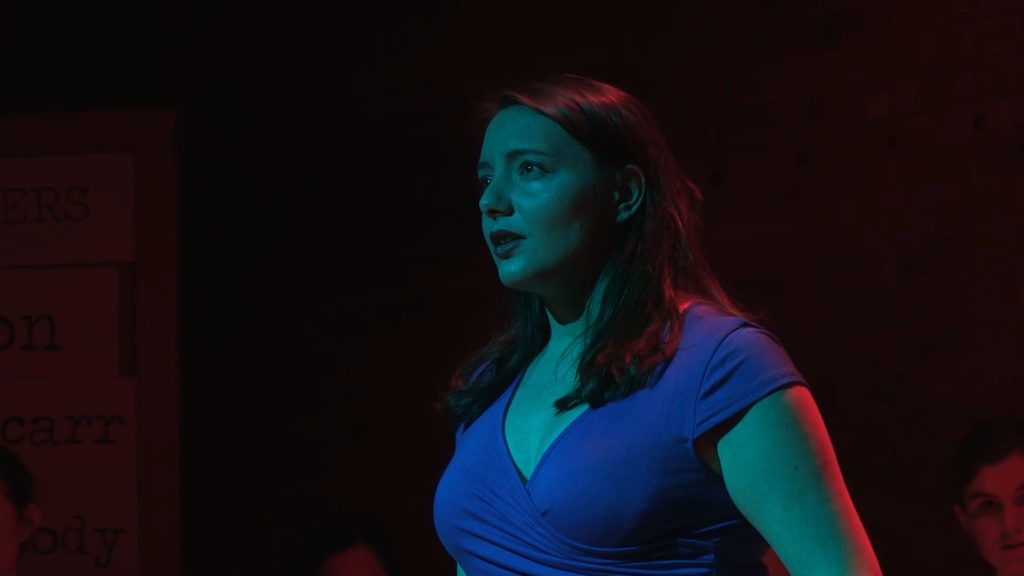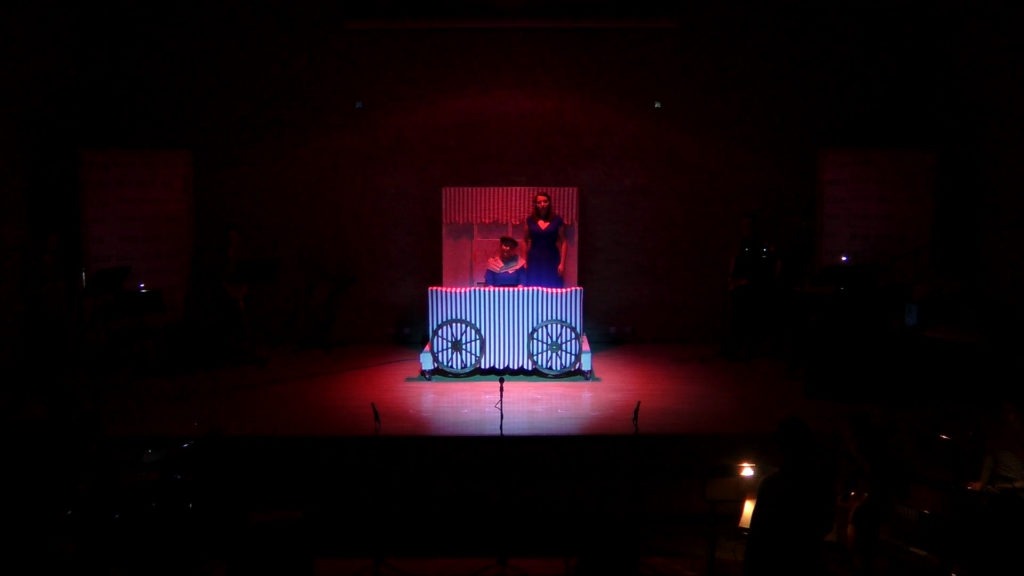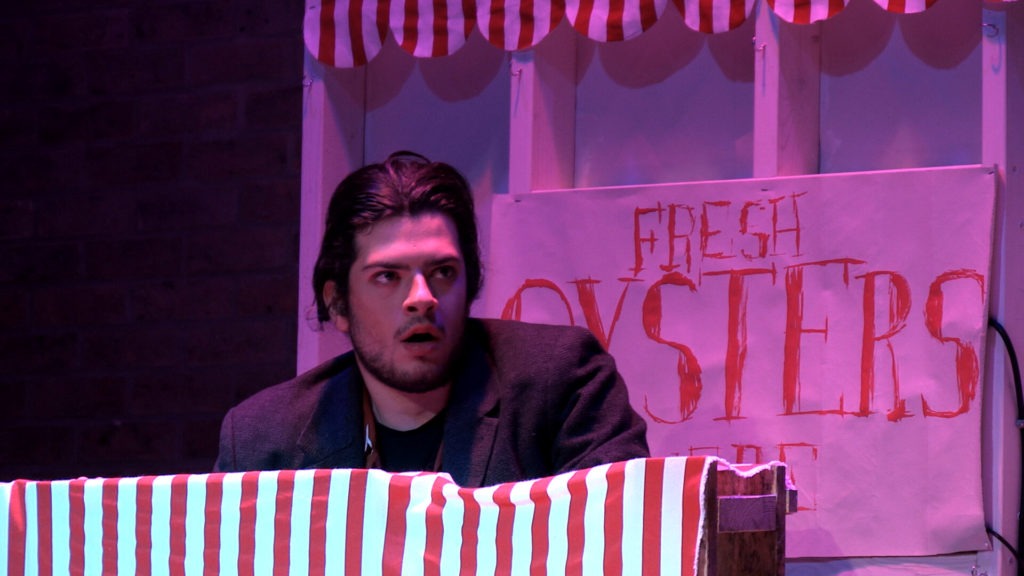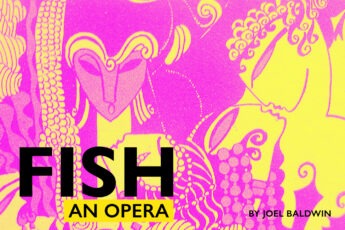Introduction
The Beginning of an Idea is a kind of jazz-infused chamber opera that blends the intensity and absurdity often found in works of new music theatre with the kind of rhythmic drive and vocal expressivity often found in popular music.
I first encountered The Beginning of an Idea, the short story by John McGahern, in The Oxford Book of Irish Short Stories (1989, edited by William Trevor). I was drawn to the title. It suggested the kind of creative struggle to develop those initial artistic impulses into something more meaningful that writers, composers and artists are always negotiating. It is a story about failure – the failed potential of creators and ideas – and it explores the parallels between truth and fiction, real lives and imagined ones.
Although it is McGahernesque in tone, its subjects, settings and atmospheres are very different from most of his other short stories and prose. It feels foreign. And this foreign-ness is a key theme in the story as Eva tries to find her place in various social and geographical locations. She is a gifted translator of languages and of ideas, but if she can’t ‘find her place’, both physically and mentally, she will not succeed as a writer or more generally in life. Just as the story repeats Eva’s two-sentence ‘beginning of an idea’ at regular intervals throughout, so too does the opera, reminding us that it is all too easy to find solace in the initial idea, but that artistic pearls are rare and hard to come by.
The music presents these struggles and parallels by contrasting ‘serious’ music with ‘less serious’ music and by employing a significant amount of diagetic music as well as the more ‘conventional’ (operatically functional) non-diagetic music. This blurs the boundaries between what is real and what is imagined. Of course, this Brechtian honesty creates a powerful dramatic irony and is intended to heighten the sense of hopelessness expressed by the protagonist and the fact that she is unable to realise her potential in both her fictional life of Chekhov that she wants to write and in her own life as it unfolds/unravels.
Background
Since 2005, students of the Opera and Music Theatre course directed by Professor Martyn Harry have created a number of cutting-edge productions of works by Berio, Wishart, Kagel and Cage, as well as the memorable world premieres of Chris Garrard’s A Handmaid’s Tale in 2013 and Toby Young’s Witch in 2018. In 2019, a new opera by Joel Baldwin, directed by Jonny Danciger, was devised to showcase some of the brightest contemporary opera talent Oxford has to offer.
This kind of production (developed over a relatively short space of time and rehearsed for just over a week in the lead up to a single weekend performance) allows the composer a certain creative freedom to express something unique for the performers and the space. However, it naturally comes with a lot of restrictions on what can be written too. The project allows music students to discover first-hand how new music theatre and opera (especially on a tight budget) is produced, and to explore the creative process in general, within a collaborative environment.
Synopsis
Eva Lindberg has the beginning of an idea. An imaginary life of Chekhov. A life that begins and ends with oysters. Her proven success as a theatre director seems unimportant compared to the potential of this idea. She tries to escape. She wants to try to write. But life can be inescapable. This is an opera about ideas, the creative process and things that get in the way of this process. But, first an foremost, it is an opera about oysters.
The premiere performance was given at the
JdP Music Building, St Hilda’s College
and was performed by students from the
Faculty of Music, University of Oxford
on Saturday, 19 January 2019, 20:00.
Photo Gallery
